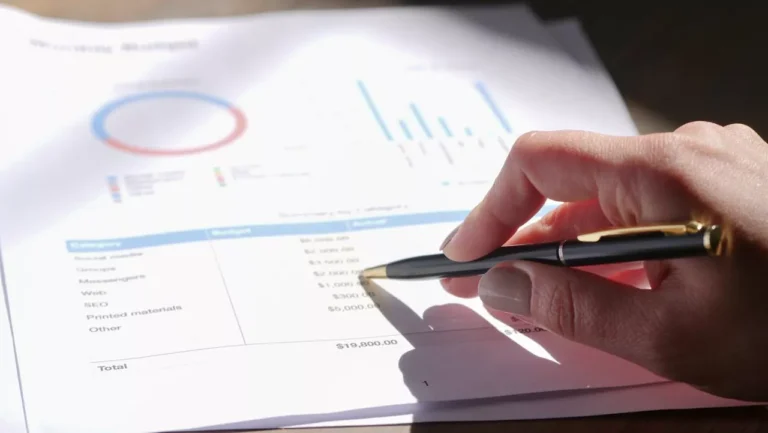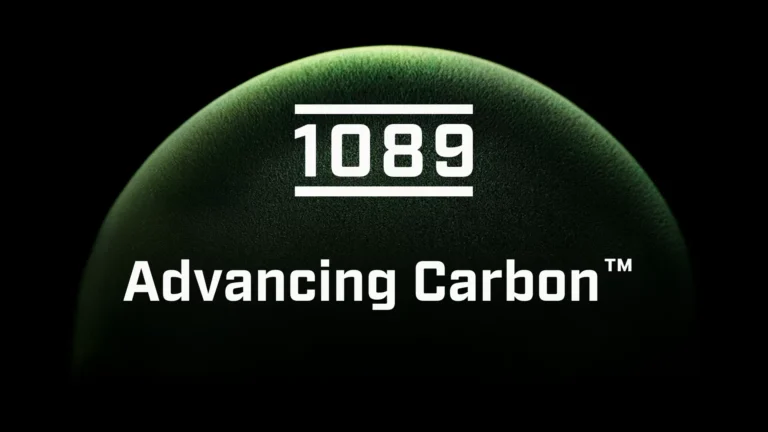
TotalEnergies and Quatra Sign 15-Year Agreement to Secure Used Cooking Oil Supply for French Biorefineries
TotalEnergies and Quatra, the European leader in collecting and recycling used cooking oil, have announced a strategic 15-year agreement that will take effect in 2026. This long-term partnership secures an annual supply of 60,000 tons of used cooking oil sourced from across Europe, which will feed TotalEnergies’ expanding network of biorefineries in France. The deal marks a significant step in advancing sustainable fuel production, especially biodiesel and Sustainable Aviation Fuel (SAF), both central to TotalEnergies’ low-carbon strategy.
From Waste to Fuel: Creating a Circular Economy
Under the agreement, Quatra will collect used cooking oil (UCO) directly from a broad network of sources including independent restaurants, restaurant chains, and food processing industries across France and other European nations. Once collected, the oil will undergo filtration at Quatra facilities to ensure its readiness for conversion. The pre-treated oil will then be delivered to TotalEnergies’ biorefineries, where it will be refined into high-quality, low-carbon road fuels and sustainable aviation fuel.
The partnership highlights a growing trend in energy transition strategies: creating value from waste while decarbonizing the transport sector. By ensuring a steady supply of waste-based feedstock, TotalEnergies and Quatra are working to enhance supply chain resilience and reduce the environmental impact of biofuel production.
Strengthening France’s Biofuel Production Capacity
TotalEnergies has made major investments in recent years to convert its fossil-fuel-based refineries into biorefineries capable of producing advanced biofuels. Two flagship projects—the biorefineries at La Mède and Grandpuits—are central to this transformation.
La Mède Biorefinery: Leading HVO Biodiesel Production
Located in southern France, the La Mède biorefinery began operations in 2019 and has since emerged as a cornerstone of France’s biofuel sector. With an annual production capacity of 500,000 tons of biofuels, La Mède is currently the only site in the country producing hydrotreated vegetable oil (HVO) biodiesel—a renewable substitute for conventional diesel fuel. In 2024, the facility also began producing sustainable aviation fuel to serve regional airports in the south of France, offering a more climate-resilient energy solution for the aviation sector.
Grandpuits Biorefinery: A Zero-Crude Complex
In contrast to its former role as a traditional refinery, the Grandpuits site near Paris is undergoing a complete transformation into a zero-crude industrial platform. Once the conversion is complete—scheduled for 2026—the site will host a state-of-the-art biorefinery with an annual capacity to produce 230,000 tons of SAF. This project underscores TotalEnergies’ commitment to removing crude oil from the production process altogether.
Feedstock for the Grandpuits facility will primarily come from SARIA, a European leader in organic waste recovery and recycling. SARIA’s expertise in sustainable raw materials and Quatra’s reliable UCO supply form the twin pillars supporting Grandpuits’ biofuel strategy.
Strategic Alignment with Climate Goals
For TotalEnergies, this agreement is more than just a procurement deal—it’s a key step toward meeting the company’s broader sustainability and climate objectives. According to Valérie Goff, Senior Vice President of Renewable Fuels & Chemicals at TotalEnergies, the agreement with Quatra ensures access to consistent, high-quality feedstock, enabling the company to maintain and expand biofuel production at scale.
“I am delighted with this strategic agreement with Quatra that contributes to our aim to secure the feedstock we need to produce biofuels in our biorefineries. The development of biofuels is one of our company’s strategic goals. By directly reducing the carbon intensity of the energy products used by our customers, we are actively working with them as part of our net zero approach, together with society,” Goff said.
TotalEnergies has positioned itself as a leader in the renewable fuels space by focusing on waste- and residue-based inputs, which have significantly lower lifecycle emissions than fossil fuels or even first-generation biofuels derived from food crops. With aviation being one of the most challenging sectors to decarbonize, SAF production has become a strategic priority.
Quatra’s Role: Turning Waste into Opportunity
For Quatra, the agreement is a reflection of its mission to close the loop on waste oil collection by integrating environmental responsibility with industrial logistics. As a pan-European leader, Quatra has built a robust infrastructure to collect, process, and deliver UCO at scale.
Pol Van Pollaert, Co-CEO of Quatra, expressed strong support for the collaboration:
“At Quatra, we believe in long-term partnerships with leading industrial groups that combine logistics, environmental responsibility and financial viability. The deal between Quatra France and TotalEnergies is an excellent example of that. By supplying locally collected used cooking oil, we are contributing to a sustainable value chain. That allows us to focus on our core business, which is the efficient collection of used cooking oil across France, allowing TotalEnergies to turn that valuable resource into biofuel,” he stated.
The company’s collection model ensures that the feedstock used in TotalEnergies’ biorefineries does not compete with food production, nor does it involve environmentally sensitive land-use change. This aligns with EU and French sustainability criteria for advanced biofuels.
A Long-Term, Scalable Model for the Future
This 15-year contract is notable for its duration, signaling both companies’ long-term commitment to sustainable fuel production and circular economy principles. Most feedstock procurement agreements in the biofuels industry tend to be short to medium term, often lasting three to five years. In contrast, this extended timeframe provides a level of certainty that supports further investment in refining infrastructure, feedstock collection, and logistics.
As TotalEnergies scales up SAF production to meet growing regulatory mandates and airline demand—especially with the EU’s “ReFuelEU Aviation” initiative mandating minimum SAF blending—agreements like this will become increasingly vital. The European Union is set to require a minimum of 2% SAF in jet fuel by 2025, rising to 6% by 2030 and 70% by 2050. Long-term contracts like the one between TotalEnergies and Quatra help lay the foundation to meet these targets.
Contributing to France and Europe’s Energy Transition
This partnership comes at a time when France and the European Union are intensifying efforts to decarbonize transport and enhance energy sovereignty. France’s National Low-Carbon Strategy and the EU’s Fit for 55 package both emphasize advanced biofuels as critical to reaching net-zero targets.
TotalEnergies’ focus on biorefining not only aligns with these policy goals but also strengthens domestic supply chains, reduces dependence on fossil imports, and creates green jobs in infrastructure, logistics, and engineering.







